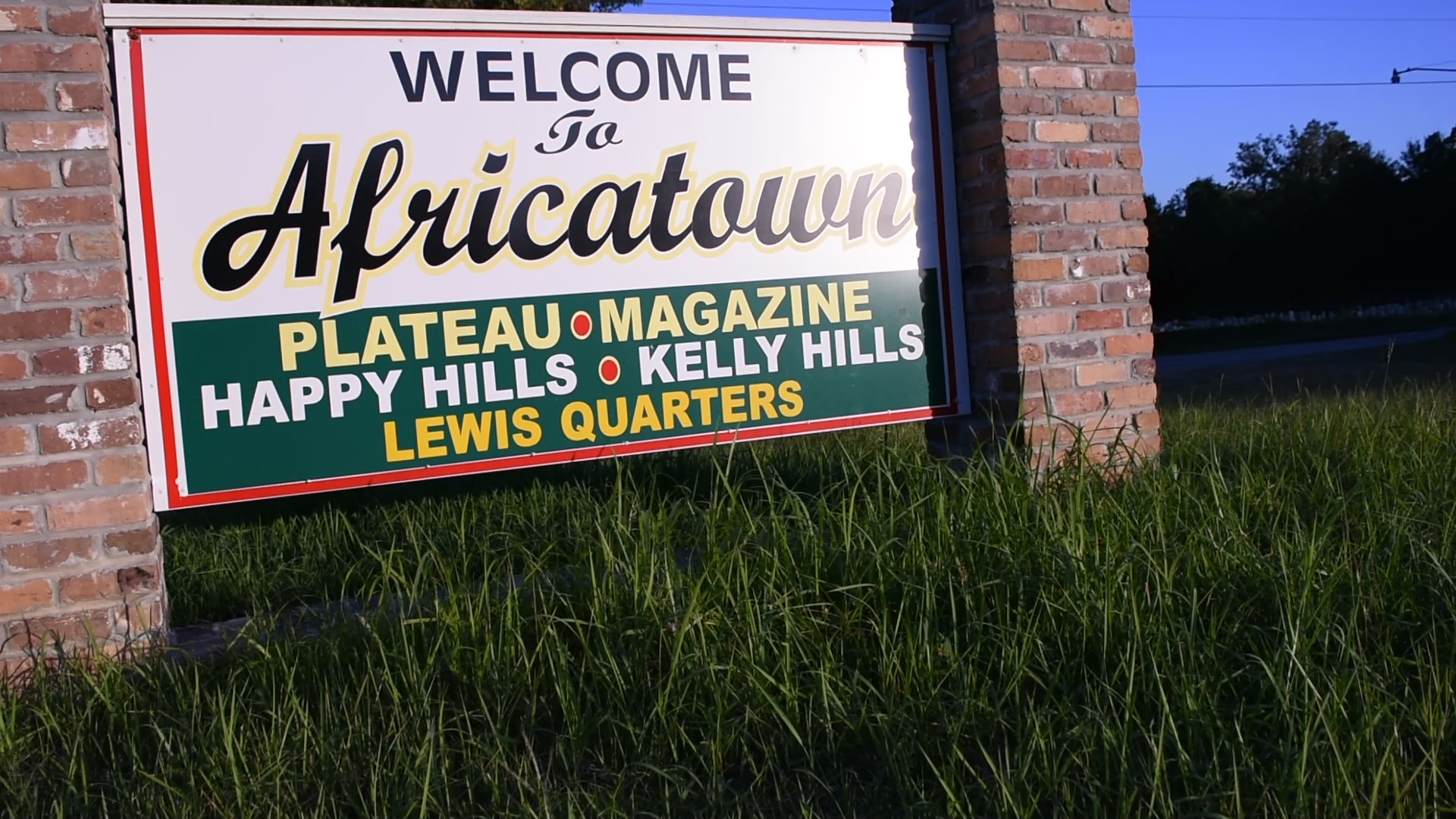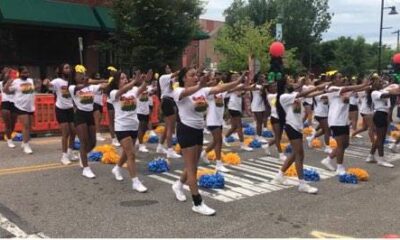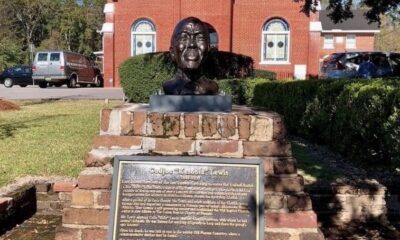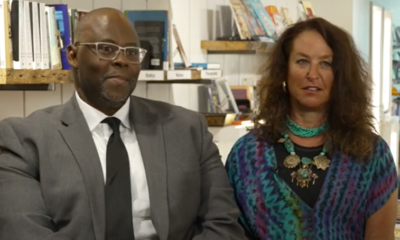Featured
Descendants of ‘The Clotilda’, the Last Slave Ship Host Design Competition

For generations folklore maintained that somewhere in the murky waters of the Mobile River lay the last known slave ship, The Clotilda. Earlier this year when researchers confirmed the discovery of the ship which brought more than 100 Africans to Alabama in 1860 who were enslaved until the end of the Civil War when they founded their own town, Africatown, their descendants were overjoyed and excited about sharing their history with the world.
“A lot of locals have always stated the story was a myth, but now it’s a reality, allowing the sixth and seventh generation descendants of the survivors of The Clotilda to have closure,” says Eric Finley, a docent with the Dora Franklin-Finley African American Trail Tour in Mobile, Alabama.
Residents and descendants in Africatown are hosting an international design idea competition to locate the best plan for a cultural landmark to preserve the Clotilda’s narrative.
“I get very emotional when I talk about Black heritage destinations,” Consultant Renee Kemp Rotan stated at a recent community meeting.
Africatown is one of the stops on Finley’s tour.
He says, “The announcement of the finding of the Clotilda…probably marks the greatest historical event of this century. Also, it is the only known ‘American slave ship’ and one of only 13 found of all the ships that participated in the global slave trade during the Middle Passage era.”
After the Civil War ended, the Africans, who had only been in the South for five years, wanted to return to their homeland, but they did not have the money or support. They remained in the area and built their own town, making a way “out of no way.”
In the years since Africatown was founded, it’s changed dramatically. A once thriving community, the population has dwindled, and residents welcome a new economic opportunity.
“The sun is shining bright on a community that’s encountered an abundance of economic injustice from surrounding industries,” Finley explains. “An international awareness from many sectors is beginning to surface to spur a much-needed economic revitalization for this community.”

-

 Featured10 months ago
Featured10 months agoCalifornia Is the First State to Create A Public Alert for Missing Black Youth
-

 Featured10 months ago
Featured10 months agoAfrican American Leaders Stay the Course Amid Calls for President Biden To Bow Out of Race
-

 Featured10 months ago
Featured10 months agoThe Debate Fallout Lands on Both Candidates
-

 Featured9 months ago
Featured9 months agoPresident Joe Biden Decides to Withdraw from the Presidential Race
-

 Featured9 months ago
Featured9 months agoIn One of His Final Speeches as President, Biden Says It’s Time for ‘Fresh Voices’
-

 Featured9 months ago
Featured9 months agoPresident Joe Biden Describes Shooting of Donald Trump As ‘Sick’









